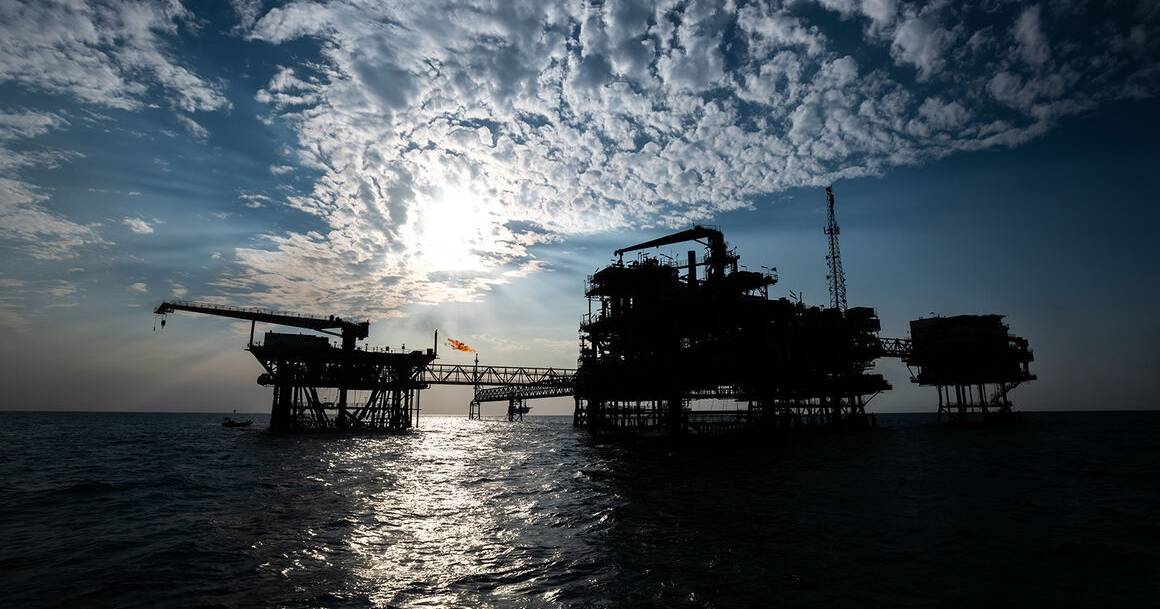
Similar Posts
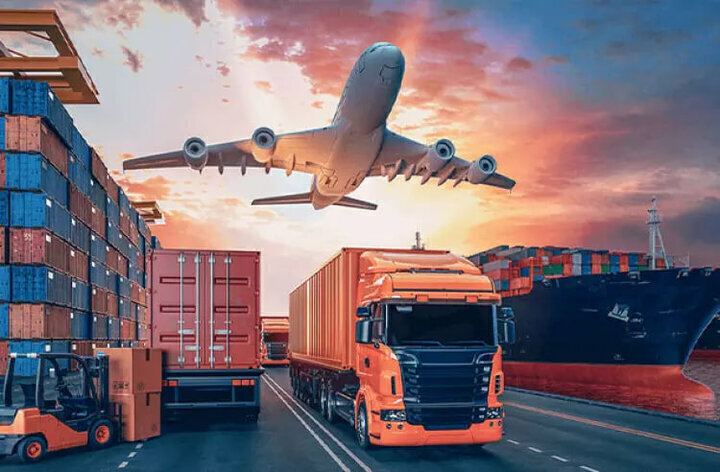
Iran Sees 5% Surge in Non-Oil Exports to Europe Over 11 Months
In 2024, trade between Iran and the European Union saw a slight decline, totaling €4.150 billion from January to November, a 3% drop compared to the previous year. November alone recorded €377 million, down from €467 million in November 2023. Germany remains Iran’s primary EU trading partner, followed by Italy, the Netherlands, and Belgium. Despite the decrease, the EU continues to be a crucial economic partner for Iran, highlighting the need for ongoing dialogue and collaboration amid geopolitical challenges and market fluctuations. The potential for future growth in trade exists, contingent on stability and cooperation between the regions.
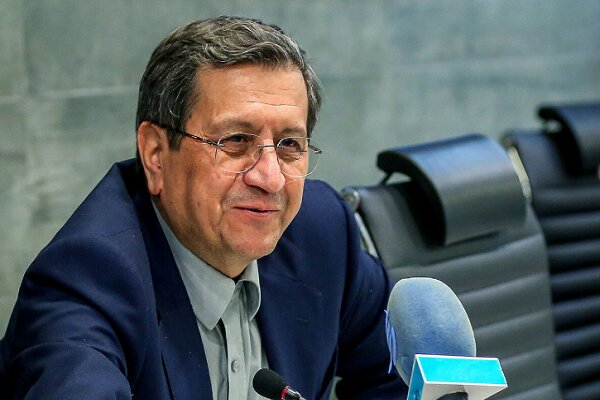
Iran’s Finance Minister Set to Attend AlUla Conference in Saudi Arabia: Key Insights and Collaborations Ahead!
Abdolnasser Hemmati, head of Iran’s central bank, is visiting Saudi Arabia at the invitation of his Saudi counterpart and the IMF’s Managing Director. His visit aims to discuss economic challenges and opportunities for emerging economies during a two-day conference featuring key economic leaders. Hemmati emphasizes the importance of bilateral discussions to enhance trade and investment within the Gulf Cooperation Council. The conference will address issues like global instability, inflation, and access to financial resources, fostering cooperation among nations. The IMF’s involvement underscores a commitment to supporting emerging economies and promoting sustainable development through collaborative efforts.
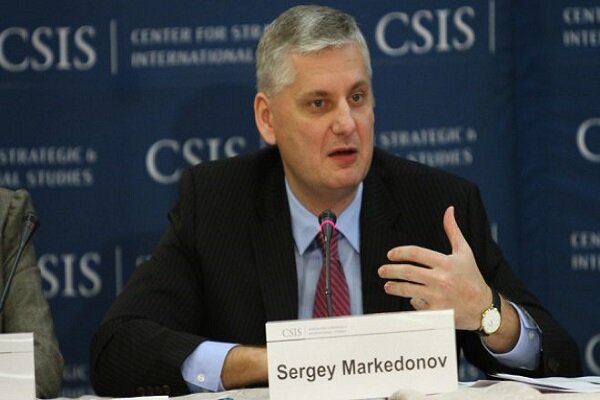
Unpacking the Iran-Russia Treaty: Implications Beyond Today’s Agenda
In an interview with Mehr News Agency, Sergey Markedonov, a Senior Fellow at MGIMO University, discussed the Comprehensive Strategic Agreement signed between Iran and Russia on January 17. This agreement seeks to enhance cooperation in trade, energy, and defense amid Western sanctions. Markedonov noted that it symbolizes a significant shift in relations, offering a framework for both nations to navigate international pressures. While acknowledging some divergences, he emphasized the treaty’s role in deepening strategic cooperation, including joint military exercises and technical collaboration. Ultimately, the agreement marks a new chapter in Iran-Russia relations, aiming for resilient partnerships beyond Western influence.
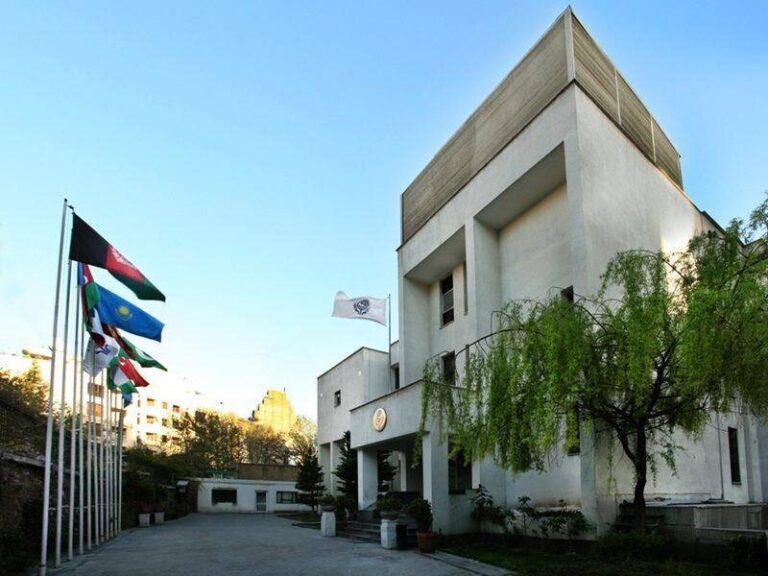
Tehran Welcomes ECO Member States for Key RPC Meeting: A Hub of Regional Cooperation
Tehran will host the 35th Regional Planning Council (RPC) of the Economic Cooperation Organization (ECO) on February 23, 2023. This meeting aims to enhance economic collaboration among member states by addressing regional development issues. Key objectives include strengthening ties, boosting economic growth, fostering technical cooperation, and promoting cultural exchange. The ECO focuses on regional economic integration and resource sharing to tackle common challenges like poverty and unemployment. Expected outcomes include policy recommendations, joint projects, and new investment opportunities. This council represents a significant step towards a more integrated and prosperous region, fostering collaboration among leaders and experts.
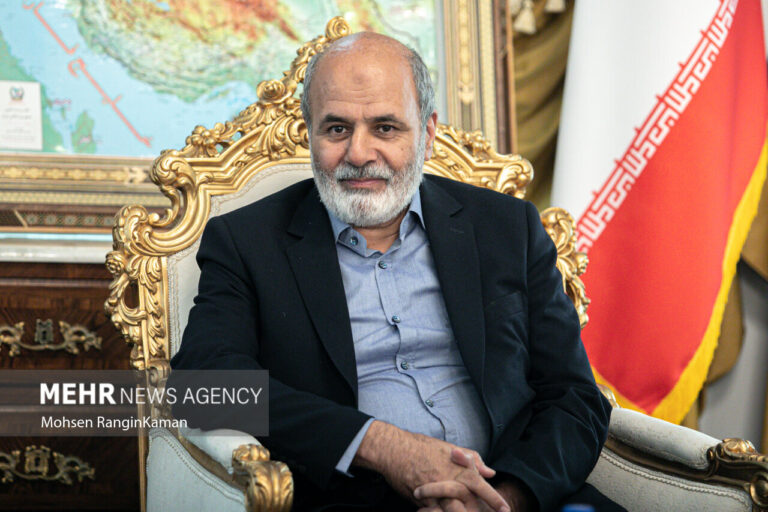
Iran Seeks to Strengthen Ties with Kurdistan Region: A New Era of Collaboration
In a diplomatic meeting, Ali Akbar Ahmadian, Secretary of Iran’s Supreme National Security Council, reiterated Iran’s dedication to the security and stability of Iraq and its Kurdistan Region. He emphasized the importance of unity among neighboring nations, viewing the security of these areas as essential. Nechirvan Barzani, Head of the Kurdistan Region, noted the significance of recent diplomatic efforts, including the Iranian president’s visit, which aims to enhance cooperation. Key areas discussed included economic collaboration, security cooperation, and cultural exchanges. Both leaders expressed optimism for a more integrated approach to governance and development, fostering stability and mutual prosperity in the region.
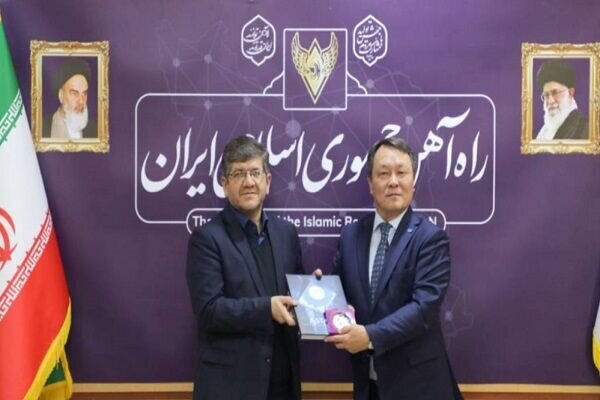
Kazakh Envoy Highlights Promising Potential of Iran’s Strategic Rail Corridor
A recent meeting between Iranian railways CEO Jabbar Ali Zakeri and a Kazakh envoy focused on enhancing freight transportation between Iran and Kazakhstan. Zakeri highlighted Iran’s capacity to transfer up to five million tons of cargo annually, which could significantly boost bilateral trade. The Kazakh envoy emphasized the need for regular meetings to align objectives and achieve trade targets. Discussions included improving rail connectivity and utilizing Iranian ports for smoother trade routes. Both countries are committed to strengthening economic ties through upgraded rail infrastructure and increased cargo capacity, marking a positive outlook for regional trade relations.